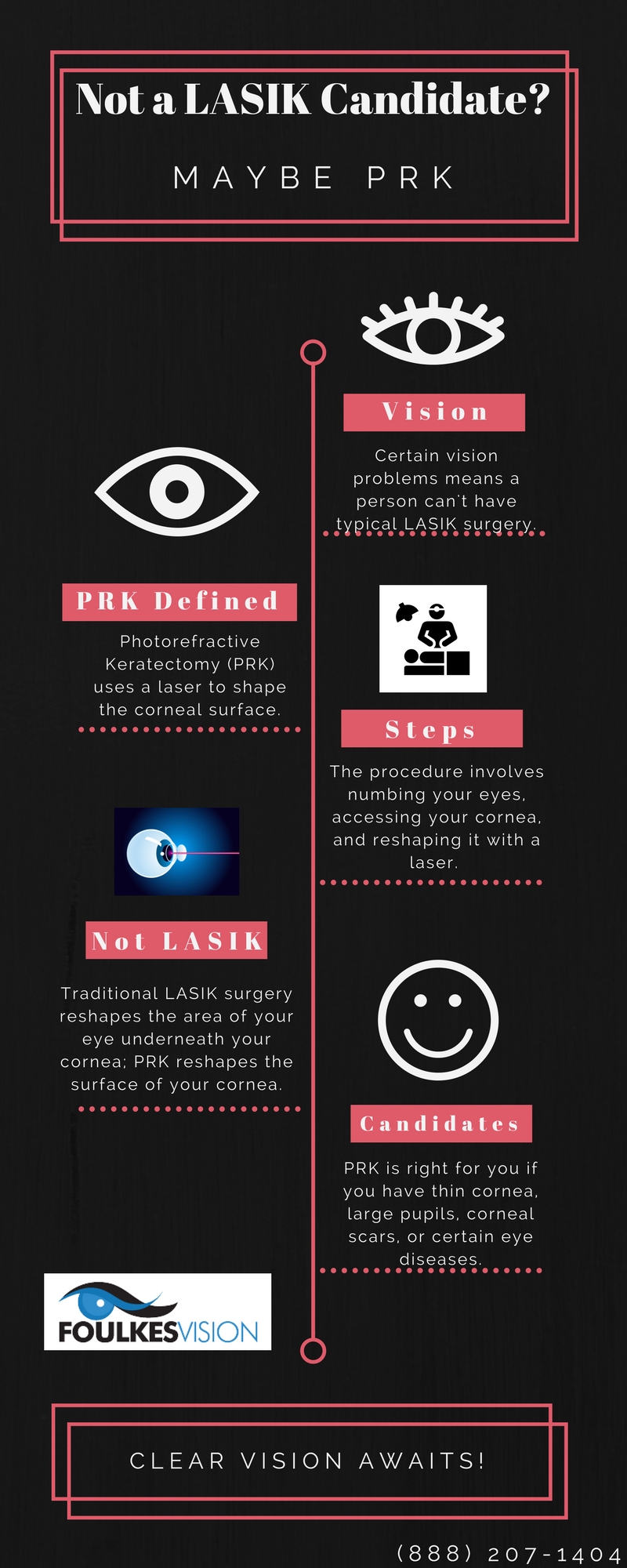Unclear Concerning SMILE Surgical Procedure? Discover Vital Elements And Understandings That Will Assist You In Making An Educated Selection Regarding Your Vision's Future
Unclear Concerning SMILE Surgical Procedure? Discover Vital Elements And Understandings That Will Assist You In Making An Educated Selection Regarding Your Vision's Future
Blog Article
Short Article By-McDowell Reece
If you're considering SMILE eye surgical treatment, ponder this: are you prepared to accept possible visual flexibility, or does the idea of any risks make you be reluctant? Your decision will rest on a cautious equilibrium of weighing the benefits versus the unpredictabilities. cataract surgery is it necessary to delve much deeper into the subtleties of SMILE surgical treatment to make an informed option that aligns with your visual goals.
Understanding SMILE Eye Surgical Treatment
When taking into consideration SMILE Eye Surgical procedure, it is essential to understand the procedure and its benefits. SMILE, which stands for Small Cut Lenticule Removal, is a minimally invasive laser eye surgical procedure that deals with common vision troubles like myopia (nearsightedness).
Throughout the procedure, your eye doctor will use a femtosecond laser to produce a small laceration in your cornea. With this incision, a tiny disc of tissue called a lenticule is gotten rid of, improving the cornea and remedying your vision.
One of the vital benefits of SMILE Eye Surgical procedure is its quick healing time. Several people experience enhanced vision within a day or 2 after the procedure, with marginal discomfort.
Additionally, SMILE is understood for its high success price in offering lasting vision correction. Unlike LASIK, SMILE does not call for the development of a flap in the cornea, decreasing the risk of issues and enabling an extra steady corneal framework post-surgery.
Understanding the treatment and its benefits is important when thinking about SMILE Eye Surgical treatment for vision adjustment.
Pros and Cons of SMILE
Taking Into Consideration SMILE Eye Surgical treatment for vision correction comes with numerous benefits and potential drawbacks.
Among the main pros of SMILE is its minimally invasive nature, as it includes a small laceration and usually leads to fast recovery times. The treatment is also known for causing marginal pain and completely dry eye signs post-surgery compared to various other vision modification approaches. Additionally, SMILE has been shown to offer superb aesthetic results, with many patients achieving 20/20 vision or much better.
On the other hand, a possible disadvantage of SMILE is that it might not appropriate for individuals with severe refractive errors, as the therapy range is rather minimal contrasted to LASIK. An additional factor to consider is that the understanding contour for doctors executing SMILE can impact the schedule of seasoned companies in certain areas.
It is very important to evaluate these benefits and drawbacks thoroughly when determining if SMILE is the best selection for your vision adjustment demands.
Determining Eligibility for SMILE
To determine if you're qualified for SMILE eye surgical procedure, your eye doctor will carry out a thorough examination of your eye health and wellness and vision demands. Throughout this analysis, elements such as the stability of your vision prescription, the density of your cornea, and the total health and wellness of your eyes will be evaluated.
Generally, cataract surgery under gvp full form for SMILE are over 22 years old, have a stable vision prescription for at the very least a year, and have healthy corneas without conditions like keratoconus.
Your eye doctor will certainly also consider your general eye health, any kind of existing eye problems, and your way of life needs to establish if SMILE is the appropriate selection for you. It's important to connect any kind of details aesthetic needs or problems you might have during this assessment to make certain that the therapy lines up with your assumptions.
If you aren't eligible for SMILE, your eye doctor might recommend different vision adjustment options that much better suit your private needs and eye health status.
Final thought
Ultimately, determining whether SMILE eye surgery is right for you requires cautious consideration of your individual eye health and wellness and aesthetic requirements. Seek advice from your optometrist to establish your qualification for the treatment and evaluate the prospective advantages and downsides. browse this site in mind to connect any kind of concerns or inquiries you might have during the evaluation process to make an informed decision about your vision improvement options.
